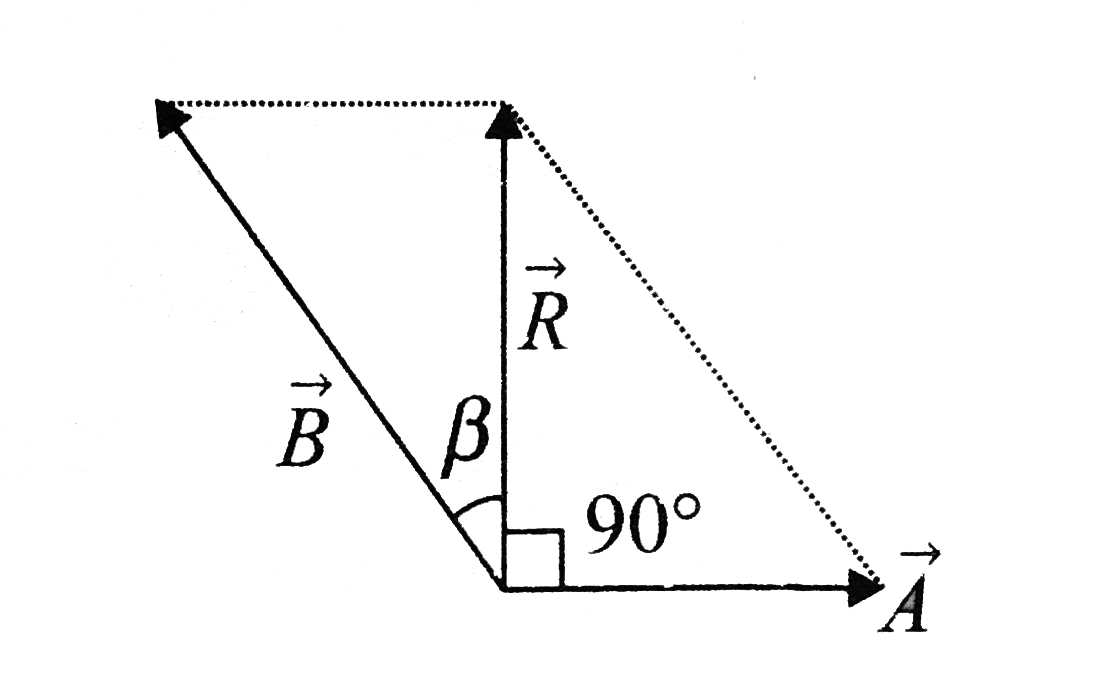Assertion: If →A.→B=→B.→C, then →A may not always be equal to →C.
Reason: The dot product of two vectors involves consine of the angle between the two vectors.
If both assetion and reason are true and the reason is the correct explanation of the assertion.
If both assertion and reason are true but reason is not the correct explanation of the assertion
If assertion is true but reason is false
If the assertion and reason both are false.
The correct Answer is:A
Step by step video, text & image solution for Assertion: If vec(A).vec(B)= vec(B).vec(C ), then vec(A) may not always be equal to vec(C ). Reason: The dot product of two vectors involves consine of the angle between the two vectors. by Physics experts to help you in doubts & scoring excellent marks in Class 11 exams.
Topper's Solved these Questions
Similar Questions
Knowledge Check
- Question 1 - Select One
If →a.→b=∣∣→a×→b∣∣, then angle between vector →a and vector →b is :
Aπ2Bπ6Cπ4Dπ3 - Question 2 - Select One
Let →a and →b be two unit vectors and θ is the angle between them. Then →a+→b is a unit vector if :
Aθ=π4Bθ=π3Cθ=π2Dθ=2π3 - Question 3 - Select One
The resultant of two vectors →A and →B is perpendicular to the vector →A and its magnitudes is equal to half of the magnitudes of vector →B (figure). The angle between →A and →B is
 A120∘B150∘C135∘DNone of these
A120∘B150∘C135∘DNone of these
The resultant of two vectors →Aand→B perpendicular to the vector →Aanditsmagnitudequal→halfofthemagnitudeofthe→−−→r vec B.F∈doutthe∠between vec A and vec B.
View SolutionIf →aand→b are two non-zero vectors such that ∣∣→a×→b∣∣=→a.→b, then angle between →a and →b
View SolutionIf →a and →b are two vectors and angle between →a and →b is θ, then
View Solution→Aand→B are the two vectors such that ratio their dot product to magnitude of their cross product is 1√3. Then the angle between →Aand→B is
View SolutionFor any two vectors A and B, if →A.→B=∣∣→A×→B∣∣, the magnitude of →C=→A+→B is equal to :
View Solution
